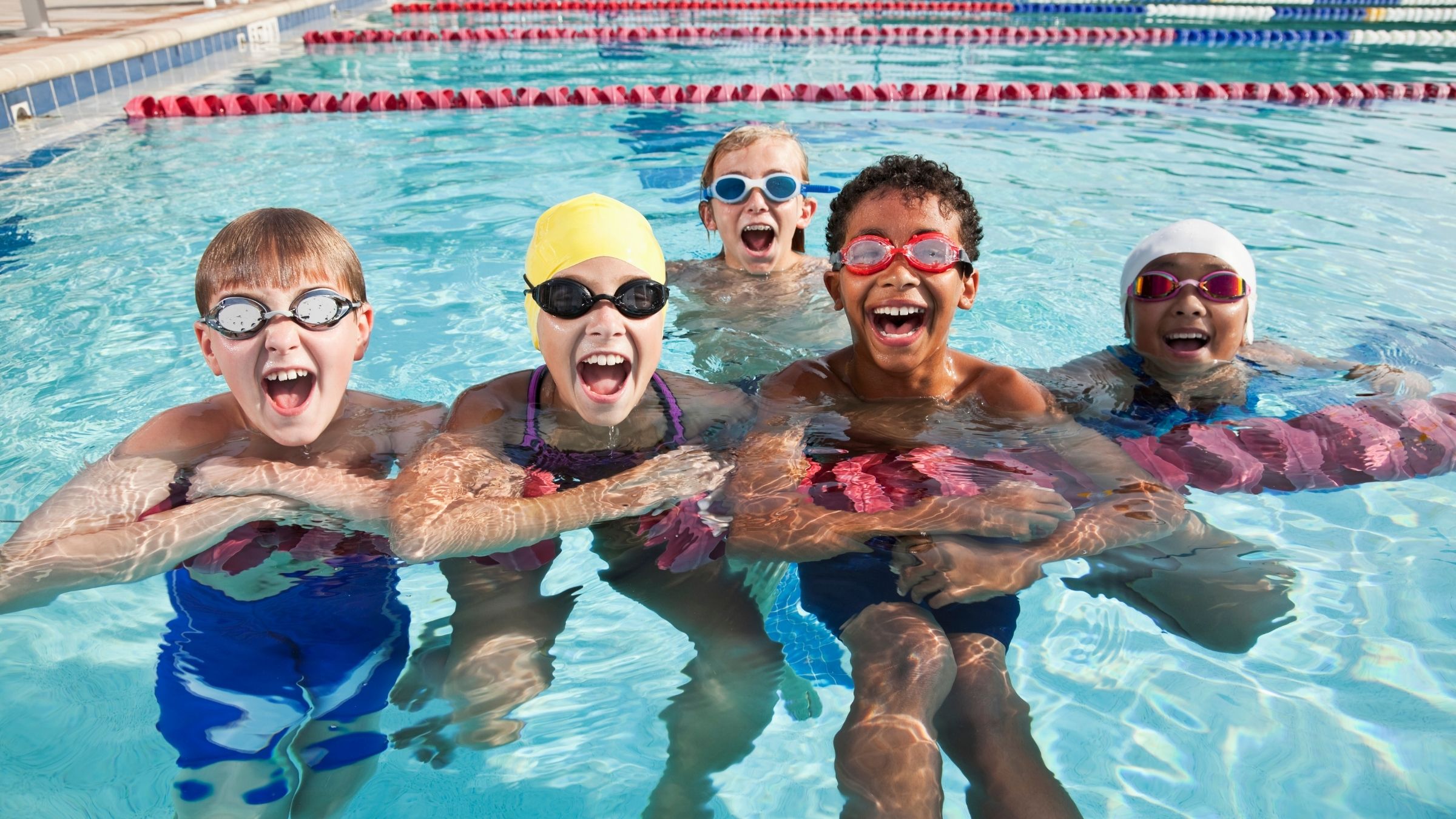How To Help Your Child (Not) Train For a Triathlon

(Photo: Getty Images)
For adult athletes, training is an essential part of race day preparation. We spend countless hours priming ourselves physically and mentally for race day, often adhering to meticulous training schedules. We log time in the pool, on the bike and road, cross train, and practice transitions, all in the hopes that our efforts pay off on race day.
But what about triathlon’s youngest competitors? Do children also need to train before their first race?
Not necessarily, according to Andy Johnson, founder of the TryKidz Triathlon in Chattanooga, Tennessee.
“Kids don’t need to train, they need to be active,” Johnson said. “I think the training word doesn’t need to be used at the beginning. It needs to be ‘let’s go outside and do something.’ And it’s key for parents to be involved with that activity.”
In other words, the best training plan for kids in triathlon might be no training plan at all. Johnson recommends ensuring beginning youth triathletes get comfortable on two wheels and in the pool before their first race, but says otherwise the most important part of race preparation is getting into a mindset of being active and outside: “If your child plays other sports, those sports can be part of a plan. If they play basketball, they’re running. If they play soccer, they’re running.”
Coach Dana DeBardelaben, a USAC Level 1 Youth and Junior Coach and the Executive Director of Omni Kids Tri in Huntsville, Alabama, said youth training depends on the individual child. “What is their end goal and what do they desire to get out of it? Training doesn’t have to look like running more miles, swimming more laps, riding the bike more.”
DeBardelaben notes that children often naturally gravitate toward a specific part of triathlon, such as swimming or running, and race preparation can be as simple as working on complementary skills like bike mastery or transition practice.
RELATED: How Do I Get My Kids Into Triathlon?
The keys to triathlon training for kids
Both experts agree there are two must-haves for a child’s first triathlon: comfort and safety. Children must be able to complete the swim safely and should be comfortable on the bike and in their attire. A triathlon training “plan” for kids, then, should be more about basic fundamental skills.
Johnson encourages parents to ask, “What does my kid need to feel comfortable?” That might mean time spent practicing dismounting the bike, getting comfortable wearing goggles, attempting a run without wearing socks, or even visiting the race course prior to race day. Both DeBardelaben and Johnson stress that it is essential for parents to listen to their child’s concerns and work to alleviate specific fears prior to race day.
When my own seven-year old son asked to participate in his first triathlon this past summer, I had no idea how to help him prepare. A training plan for a first-grader felt too intense, but doing nothing felt like setting my son up for a potentially scary experience. We were lucky to receive some simple advice: just play.
To prepare, we continued to do activities already part of our routine: playing in the pool, mountain biking, and walking our pandemic puppy. Other than ensuring my son could complete the swimming distance of his race, we did no swim stroke training. My son and husband are avid mountain bikers, and they continued to ride the local trails. For the run, I gambled on my child’s boundless energy and race day adrenaline to carry him through to the finish line, but I did remind him walking is always an option.
Without any training, in the adult sense of the word, my son accomplished his goals—he finished the race and had a blast— and is already asking to race in his next triathlon.
Coach DeBardelaben recommends designing any form of pre-race preparation around each individual child’s goals and hopes for race day.
“Listen to your child. Understand why your child is doing this. And then know how to best motivate your child for their end goal.”
DeBardelaben and Johnson point out that as a child grows and continues in triathlon, the training will come, but for a child’s first few races, comfort and pleasure are more important than any finishing time or place.
By “training” young beginner triathletes through play, exploration, and most importantly, fun, we can encourage child athletes to enjoy the experience of their first triathlon and create a positive foundation for future races.